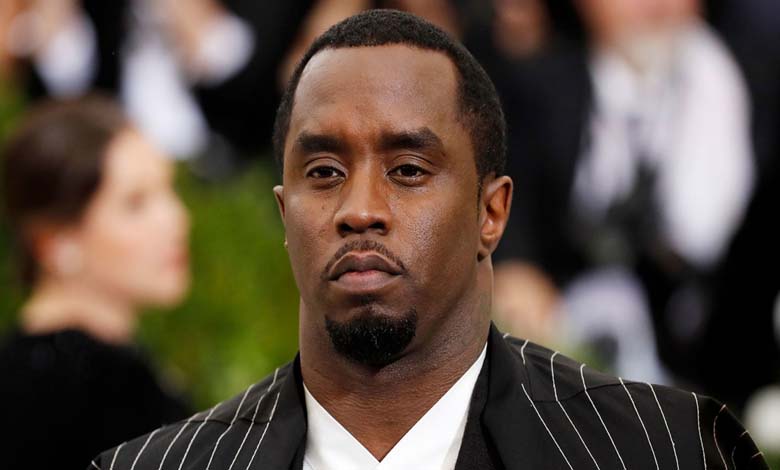Third Denial of Bail: “Diddy” Faces Human Trafficking Charges

A federal judge on Wednesday denied Sean “Diddy” Combs bail as he awaits trial in May on charges related to human trafficking. Judge Aaron Subramanian justified his decision by citing evidence suggesting that Combs poses a “serious risk” to witnesses, in addition to attempts to conceal prohibited communications with third parties while in custody.
-
Serious Allegations Against Sean Diddy… and Surprising Legal Cases
-
SCANDAL.. Singer Shakira in prison because she is accused of fraud!
The five-page ruling followed a hearing last week in which Combs’ lawyers requested his release on $50 million bail with strict conditions to prevent flight or witness tampering.
However, Judge Subramanian upheld the earlier rulings of two other judges who denied Combs’ release, citing his danger to society.
The judge wrote: “There is strong evidence of Combs’ propensity for violence.”
Combs, 55, has denied the charges against him, which include abusing women and coercing them into unlawful acts with the help of accomplices and employees. The indictment also alleges extortion, violence—including kidnapping, arson, and physical assault—used to silence victims.
-
Rapper Sean Diddy Facing Allegations Involving 25 Minors
-
Investigations Rule out Liam Payne’s Suicide and Charge Three Individuals
Misconduct in Custody
Prosecutors highlighted that even while detained in the federal prison in Brooklyn, Combs attempted to influence potential jurors through social media campaigns and communicated with potential witnesses via intermediaries.
The judge also pointed to evidence that Combs contacted a grand jury witness last summer and deleted exchanged messages. He was also found to have violated prison regulations by using other inmates’ communication codes to make calls to individuals outside his approved contact list.
-
Fell from a hotel balcony in Argentina: British singer Liam Payne dies
-
French Famous Singer Admits Attempted Suicide to Scare Life Partner
The judge stated that Combs used complex communication methods, including three-way calls, to make his conversations harder to trace, continuing his efforts to influence jurors or reach witnesses.
Denial of Conditional Release
The judge found the defense’s proposal of house arrest with maximum monitoring insufficient to prevent further violations. He added: “Based on the nature of the allegations and the information presented by the government, the court doubts that any release conditions would prevent similar behavior by Combs or his associates.”












